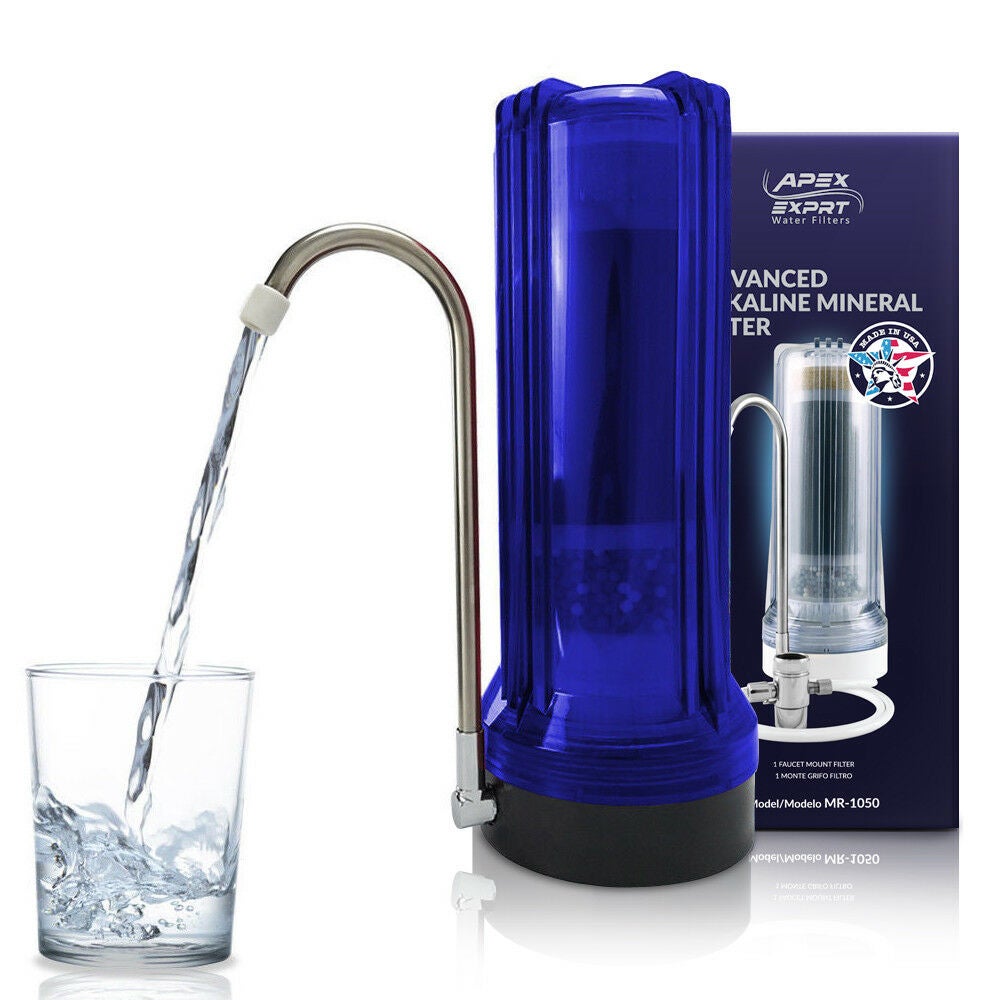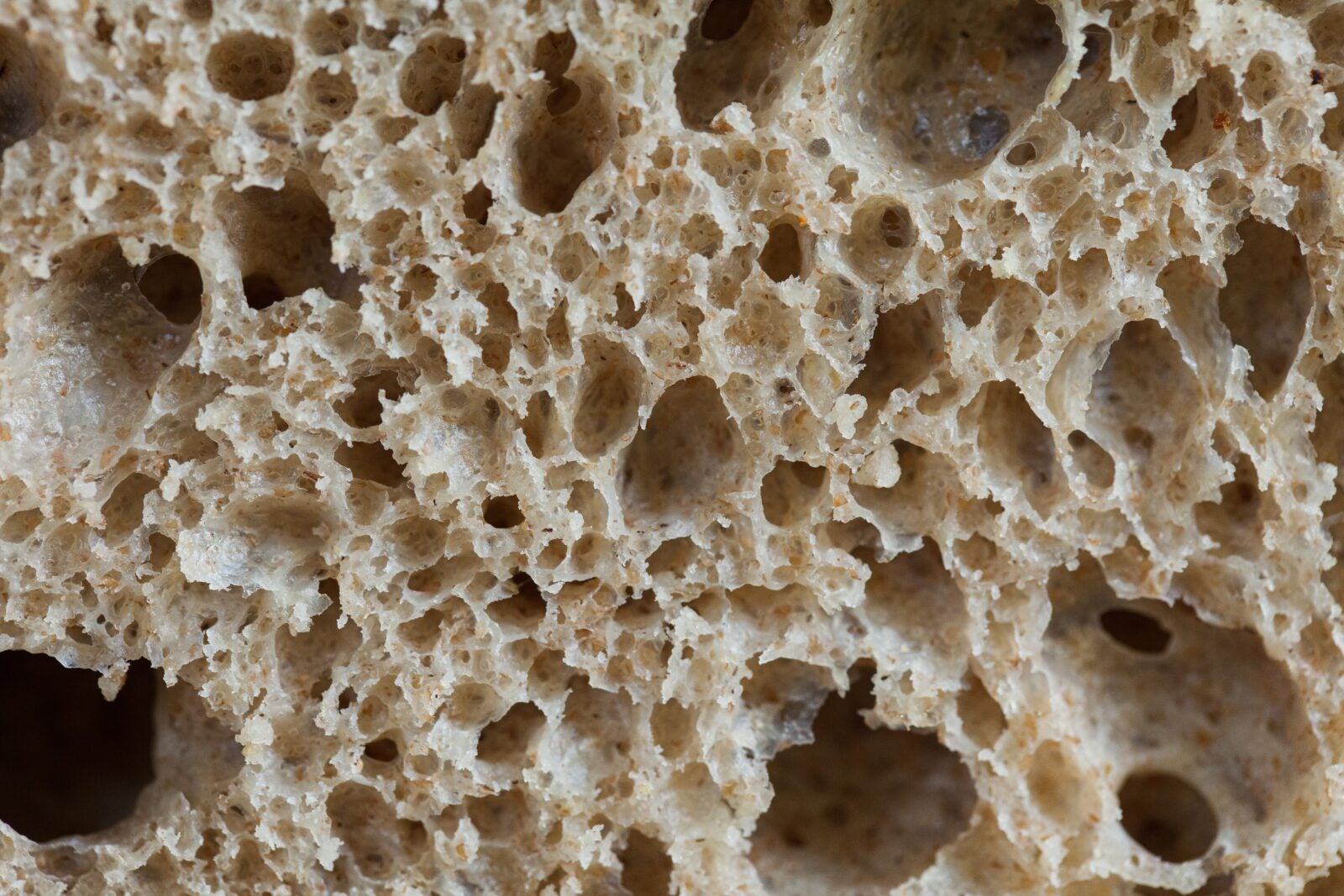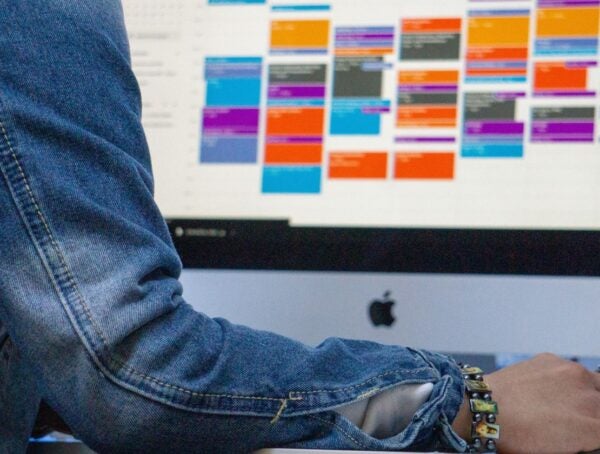Disclaimer: In Real Life is a platform for everyday people to share their experiences and voices. All articles are personal stories and do not necessarily echo In Real Life’s sentiments.
Just like those get rich quick schemes, some health trends are just plain sales and marketing. Some buy into them, hoping to get their health issues sorted with a few purchases – but unfortunately, that’s just unrealistic.
Here we talk about some of the popular health trends Malaysians love and why they’re actually not that great plus what you can do instead:
1. Alkaline water
Some people install filters in their house to make their drinking water be more alkaline. For those who need a quick refresher on what alkaline means: it has to do with pH levels – a pH of 7 is neutral; above that is alkaline and below it is acidic.
Alkaline water claims to bring many health benefits compared to regular drinking water, from improving metabolism and energy to slowing aging. But here’s the thing: that’s mostly what the companies who sell it say.

Despite all claims, there has been very little research done on alkaline water. It’s considered safe to drink, as long as you don’t have a kidney problem, but it could bring some bad side-effects, like dry and itchy skin and a tummy upset.
There’s basically no reason to drink alkaline water over regular water.
2. Detox tea
There are tons of products on the market today that tell you you need to purchase them because they’ll help you detox your body. But here’s the thing: you never need to detox your body as long as you have functioning kidneys.
These detox teas tend to be composed of caffeine, which is a diuretic: it causes you to get rid of water in your body, making you lose “water weight”. They also have laxatives in them, causing food to speed through your digestive system and making you poop more.

Detox teas can make you lose weight – but in ways that are neither safe nor effective, because what you’re really losing is water weight. Their side effects can even be dangerous to your health, as they may contain ingredients that are simply not good for you.
3. Intermittent fasting
Plenty of people swear by this method of losing weight. It involves an alternating pattern of eating and fasting that looks way more intense than bulan Ramadan, because following it requires weeks or months of commitment.
Studies on it have shown that intermittent fasting does help lose weight – but in a way that isn’t significant when compared to a low calorie diet. Research on intermittent fasting and insulin levels has also been quite contradictory.
The biggest risk with following this regimen is health issues like malnutrition, nutrient deficiency, and effects on your daily life that include fatigue, dehydration and difficulty in concentrating. There’s also the possibility of binge eating.

Simply put, this method is not worth the effort.
4. Gluten-free diets
Some people choose to follow a gluten-free diet because they have celiac disease or a gluten allergy. But outside of those health issues that require you to avoid gluten, there’s really no reason to jump on this bandwagon.
Gluten is a family of storage proteins that is commonly found in grains, mostly wheat. It’s what gives grain-based foods that chewy, stretchy quality.

Studies into gluten-free products find that they might lack other essential nutrients – a big no-no for those of us who don’t have any gluten or wheat sensitivities. Although people think that gluten-free products are healthier and more nutritious than their gluten counterparts, they’re really not! They tend to contain more fat and sugar all while costing more.
So the bottomline is: if you don’t need a gluten-free diet, there’s no need to follow one.
What can you do instead of jumping on health trends?
Firstly, you need to recognise that there’s no such thing as a quick fix or rapid weight loss method that is healthy. Maybe even reject the idea of losing weight as your standard for health!
It’s better to actually focus on your health than your weight, as different bodies have different optimal weights because of genetics and lifestyle choices. And no, the BMI is outdated so please don’t follow that.
Just keep an eye on what you’re eating and how your meals contribute to your health, and eat in moderation. Some level of activity is recommended, of course. If you’re sedentary, it’s okay to start small: a short walk whenever you can do it or whatever else is in your capabilities.

Don’t make yourself feel bad about your body and how you think it looks – that’s a quick method to wreck your confidence and self esteem in a really unhealthy way.
Focus on health rather than weight and what you can do
Again, health trends are all about marketing and buying into them can be the more unhealthy choice. It’s best to talk to a dietitian or some other health professional rather than choosing to blindly follow a fad. Because of the way society views fat people, weight loss is a term that is used to generate quick sales and drum up lots of customer interest.
Do your research and make wise choices when it comes to your health – this will help you to age gracefully without major health concerns.
For more stories like this, read: Malaysians Share Their Opinions About The Nationwide Smoking Ban For Those Born After 2005, How I Feel About The Pantangs Regarding Pregnancies And Childbirths, and COVID-19 Cases Have Been Rising Sharply In Malaysia – Here’s A Guide To Keep You Safe.
You might also like
More from Real Skills
How I Saved Almost RM50,000 On Buying My First Car
Here's how this Malaysian man with a RM3,500 salary saved RM50,000 on his first car.
Angry M’sian Boss Demands Unpaid Overtime Over Raya, Causes 9 Staff To Quit
An anonymous employee at a local SME shares how a bad-tempered boss eventually caused 9 staff to quit before Hari …
I Studied In Chinese School As A Malay Boy, Here’s What I Learnt
Every time I used Mandarin outside of school, family members would come up to me at gatherings and ask me …


















